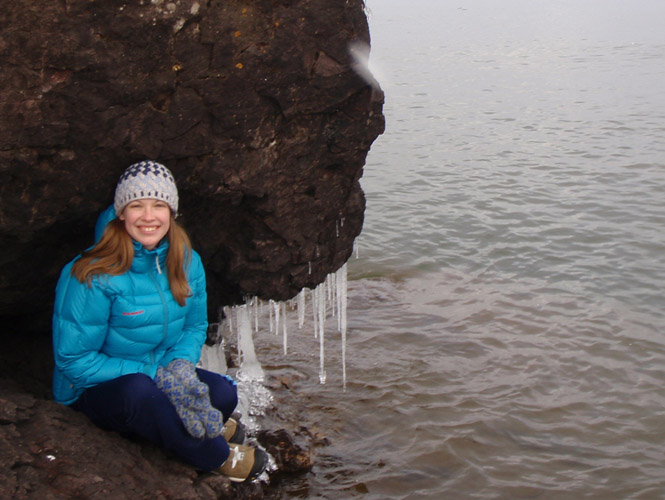
Fifty-one theses in the midwest were nominated for the award, and although her work was not recognized as the award recipient, it was well received by the reviewers. One reviewer commented, “I enjoyed reading this thesis – it’s a pleasure to see such a complete approach to a problem.”
Seth DePasqual was also nominated by his advisor, Dr. T. Scarlett, on behalf of the Social Sciences Department. His advisor described his thesis as, “…a study of the evolution of an early 20th century mining system in Spitsbergen as applied by Boston-based Arctic Coal Company.”
The committee to evaluate the nominees consisted of graduate faculty representing a broad range of graduate programs: M. Neuman (Biomedical Engineering), S. Martin (Social Sciences), R. Froese (School of Forestry Resources & Environmental Science), B. Davis (School of Technology) and G. Campbell (School of Business and Economics). Next year’s competition will consider applicants who have completed their degrees between October 1, 2009 and September 30, 2010. An application consists of a recommendation letter from the advisor and an electronic copy of the thesis. Please consider nominating your MS students next year.